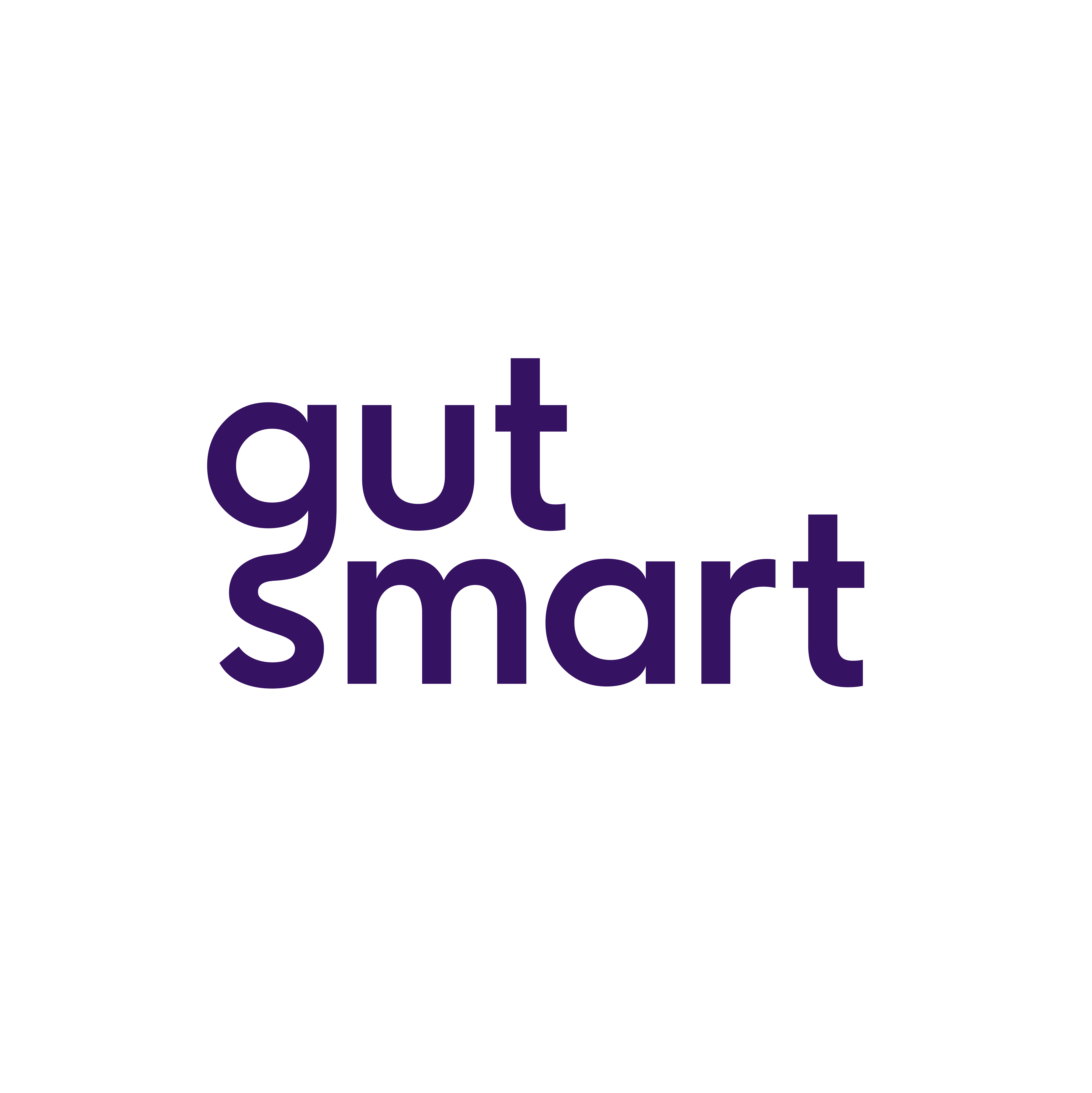Eating well as a young person with IBD
Key points
- Eating a well-balanced diet helps your body stay strong and healthy
- Your diet may need to change at different stages of your disease depending how it is behaving (in remission or in a flare)
- It’s important to see an IBD dietitian for individualised dietary advice and not restrict your diet unless you need to

This dietary resource developed by GI DREAM provides general dietary information for people with Inflammatory Bowel Disease (IBD).
Knowing what to eat after diagnosis with Crohn’s disease or ulcerative colitis can be confusing. There is lots of ‘advice’ on the internet which can add to confusion. An IBD dietitian can help you to understand how to eat well for your IBD to make sure your body gets to nutrition it needs.
IBD symptoms can be different for everyone. This is because inflammation can affect different parts of the gastrointestinal tract, causing different symptoms. There are two stages of disease – ‘active disease’ (when inflammation flares up) and ‘remission’ (when inflammation is controlled).
Common symptoms that may be experienced when inflammation flares up are:
- Weight loss
- Decreased appetite
- Tiredness/lack of energy
- Stomach pains
- Urgency to go to the toilet
- Feeling sick or vomiting
When inflammation flares up, you may find more foods seem to cause symptoms. Your IBD dietitian can help you to understand how digestion and absorption of food is affected by inflammation and may suggest how to temporarily adapt your diet. When your disease is in remission (inflammation is controlled) your dietitian can help guide you to eat a well-balanced diet. If you have noticed certain foods might be causing symptoms, keep a food and symptom diary for 2-weeks to share with your IBD dietitian.
What do I eat and drink with IBD?
It is important to eat a healthy and well-balanced diet, like any other young person. Eating well ensures your body gets all the nutrients needed for growing, healing, supporting your immune system and to have enough energy to do all the things you want to do. There are no specific foods that cause flares of inflammation. However, some foods may worsen your symptoms during a flare, and these vary from person to person.
When might I need to change my diet?
At different stages of living with IBD, you may have to adjust your diet. An IBD dietitian can help you during these times. Examples of when changing your diet might be necessary include if you:
- Have lost weight without trying. You may need to eat more nourishing high protein/energy foods or consume nutrition drinks to add extra energy and protein to your diet.
- Have increased urgency and frequency to use your bowels. You may find that certain foods are easier to tolerate e.g., eating less fatty/creamy foods.
- Develop specific nutrient deficiencies. For example, low iron, vitamin B12, calcium or zinc.
- Need to eat a wider variety of foods. This may include higher fibre grains, cereals, and vegetables.
- Are recommended to go on Exclusive Enteral Nutrition liquid diet or Crohn’s Disease Exclusion Diet. These diets are prescribed by your Gastroenterologist and IBD dietitian. Refer to our exclusive enteral nutrition webpage or GI DREAM’s exclusive enteral nutrition video for more details.
How will food affect my IBD symptoms?
First, follow the advice of your IBD team and take the medications as recommended. If you are experiencing new or worsening symptoms, reach out to your IBD team so they can do a full assessment to work out whether the disease is becoming more active (flaring up).
Some helpful tips to help manage your diet in the short-term if you have worsening symptoms are to:
- Eat smaller meals more often. If you are eating out order an entrée size meal
- Choose foods grilled, steamed, poached, or stir fried with minimal spices
- Avoid fatty and fried foods (takeaway burgers, chips, or fried chicken)
- Avoid drinks with caffeine e.g., coffee, energy drinks and soft drinks. They are stimulants and can make you go to the toilet faster
- Avoid trigger foods you know increase your symptoms
- Drink extra fluid especially when you have loose bowels
- Remember what foods affect one person might not affect another person at all
Can I eat out with my family and friends?
Yes. Following the tips and strategies above when you are eating out may help to manage symptoms.
Will I be able to go to school, hang out with my friends or play sports?
Yes. The goal of treating your disease is to get your symptoms under control so you can go back to doing the things you enjoy. There may be times where you are unwell or too tired and need to re-arrange plans. However, it is important to participate in sport and exercise to improve overall health, as well as reduce stress and improve strength.
Helpful tips:
- Take your own snacks, foods, or drinks you know you tolerate well
- Keep hydrated with water and/or nourishing fluids
- If you like to play sport, keep your nutrition simple before game-day, training or a race e.g. stick to foods you know sit well
- If you feel comfortable, share your story with your close friends or ask your parents/guardians to explain to teachers, coaches, or other parents. This helps them to understand why you have certain food preferences and symptoms. There is no shame in having IBD and the more we share with people the more the world will understand IBD.
Remember there are lots of people in the world who live with the highs and lows of IBD everyday including world famous surfers, comedians, rock and pop stars, magicians, footballers, athletes and even prime ministers and presidents. Everyday people living with IBD also include doctors, nurses, pilots, actors, teachers and even dietitians. Take the time to look after yourself health by eating a balanced diet, maintain an active lifestyle and having good mental health strategies.

Acknowledgements:
This resource was developed in 2022 by the DECCAN Education Materials Working Group and reviewed by the GI DREAM Board in line with ECCO Consensus on Dietary Management of IBD (2025). Requests and enquiries about this document should be directed to [email protected] or website www.gidream.org. GI DREAM does not take any liability for any injury, loss or damage incurred by the use or reliance on this information. Reviewed August 2025. Date for review August 2027.

